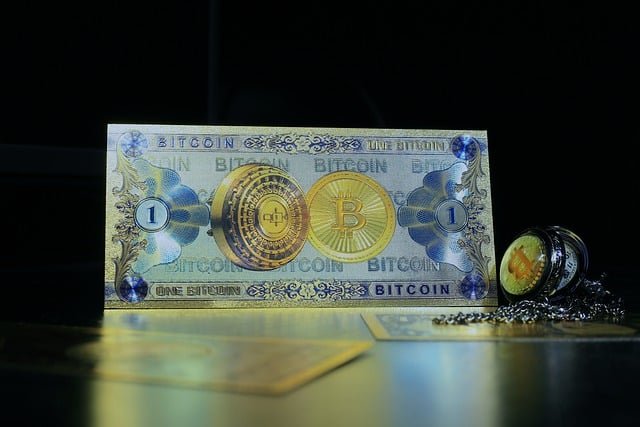Bitcoin is a digital currency-based on mathematics rather than governments or banks. It is sometimes referred to as a cryptocurrency, but that term can refer to many different things. The main idea behind bitcoin is that it's a new payment method, transfer of value, and also a digital gold. Because of its innovative nature, many people have an opinion on bitcoin. Some believe that bitcoin is going to revolutionize the banking system while others believe that it's a bubble destined to burst. No matter what side of the fence you're on, it's clear that more people are becoming aware of bitcoin and its potential impact on the future of money.

As of February 2018, bitcoins are used to pay for goods and services online as well as in physical locations. For example, bitcoins are used to purchase products online and as payment for goods and services at various brick-and-mortar locations. Furthermore, major companies like Microsoft, Dell, and IBM accept bitcoins as payment for their products. This wide acceptance makes it easy to see why some people think bitcoin is going to become the new norm for payments. The fact that it's also easy to purchase with traditional currency makes it accessible to everyone- not just tech savvies or rich people looking to buy into the new currency.
Many people view bitcoin as a revolutionary payment option due to its unique properties compared to traditional currencies. One unique feature of bitcoin is that all transactions are recorded in a public ledger called the blockchain. This makes it possible for everyone to see how much currency someone has and also verify individual transactions. This opens up many possibilities for government agencies, corporations, and individuals alike when it comes time to move money around. For example, government agencies can use the blockchain to efficiently issue and manage their own digital currencies. Or individuals can use it to safely store their money while avoiding banks' fees and delays. Perhaps most exciting of all is the idea that non-government entities like corporations could issue their own digital currencies and compete with traditional money providers. The possibilities here are practically endless!
While many still view bitcoin as a distant dream, the truth is that growth in popularity is fueling speculation about its future role in society. Many people see bitcoin as an efficient way to pay for goods and services without requiring an account with a bank or government agency. This may be true in some cases- but not all users are looking for an alternative to conventional currency. Some people view bitcoin as an investment opportunity equivalent of buying into gold or stocks in the virtual world. Others see it as a way to bypass banks when transferring money internationally or locally. While these uses are limited at this point in time, they're indicative of how quickly bitcoin acceptance may grow in the future.
Based on its properties, growth potential and accepted use among merchants, bitcoin appears to be gaining traction among consumers and businesses alike. While not yet widely accepted by merchants or individuals, many consumers are starting to understand its use cases and seek ways to secure and store them. Ultimately, if bitcoin continues down its current trajectory, we may see more widespread use in the future among both regular folks and industry players alike.
Thanks for reading my blog
img source
Posted Using LeoFinance Beta